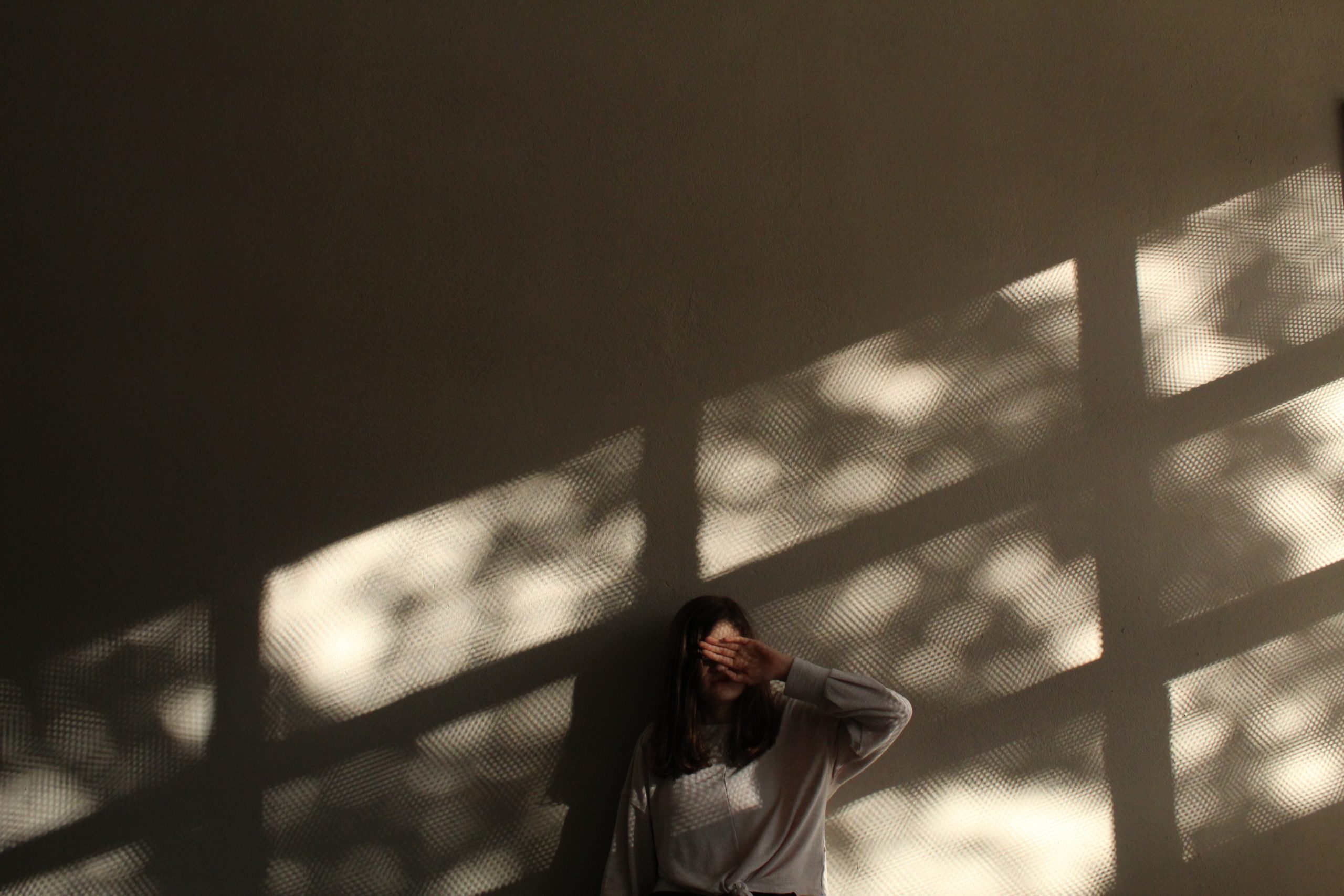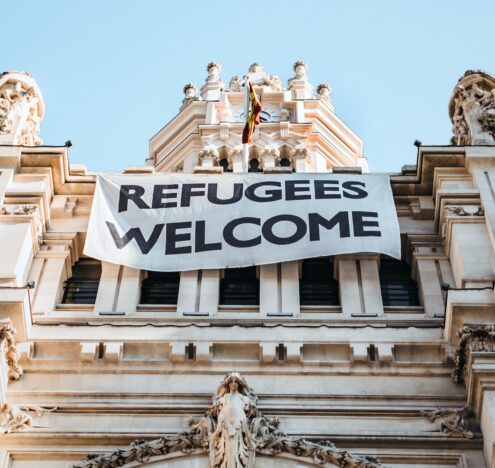“The Long Tunnel” is a series of articles reflecting on the impact of Sept. 11 and how it has shaped the world we live in today. You can read more in the series here.
Last week, I suddenly realized that I would be flying back to New York City on 9/11. I paused to unpack the fleeting panic that filled me.
Why was I so afraid?
Was it because if I spoke Farsi on the phone with my parents as I boarded or waited for the plane to take off, a white person might cast a repulsed, mistrustful look in my direction?
Was it because I would have to remember to strategically slide the Arabic “Allah” pendant on my necklace to the back of my neck, leaving only an innocuous evil eye pendant at the front?
Was it because my fair-skinned mother would typically breeze through airport security, while my comparatively brown-skinned father and I would be marked with four “S’s” on our paper tickets?
Was it because my parents named me Sarah, partly so I would blend into my distinctly white, largely conservative hometown in Arizona in a post-9/11 world, as a Muslim, Iranian American female?
Was it because I am just white enough to check “white” on the US Census form, but not white enough to evade “otherness” in predominantly white educational and policy settings?
I won’t be the first to admit succumbing to performative “whiteness” to prove my Americanness and belonging.
I won’t be the first to admit succumbing to performative “whiteness” to prove my Americanness and belonging. I have done that in my undergraduate and graduate programs, and in government and nonprofit spaces alike, by presenting as “white” as possible. Only recently have I begun to embrace distinctly “ethnic” features that formerly attracted derision or even critiques of unprofessionalism, namely in terms of my hair, and now I introduce myself as Iranian American — rather than waiting for that to come up in conversation, if it ever does.
Assimilation into my field has required not only a physical assimilation but also assimilation in terms of rhetoric and thinking. I have grown so entrenched in the demonizing discourse and reductive rhetoric of “security studies” — and its deep-rooted impact on even humanitarian policy — that I can now think, feel, argue as someone diametrically opposed to me would. Although this is a necessary skill to get ahead in my field and career, it is one that has engendered in me equal parts introspection and self-loathing.
As a reward for my performance, I am now part of a field that has too often fixated on terrorism — or rather, narrow conceptions of it — to inform thinking and policymaking on issues ranging from women’s rights in Afghanistan to the Israeli occupation of Palestine to the imposition of austere sanctions on Iran. I have witnessed the skyrocketing appeal of classes in my field — international relations at large — that focus on terrorism, specifically of a purportedly “Islamic” nature. In speaking with my former professors, I know how the numbers of students interested in taking Arabic and Farsi in the years immediately after 9/11 exponentially increased. Middle East Studies departments across US universities increased in size and reach. At first, it seemed promising that more people were studying the histories, languages, and cultures of a region that had been so grossly misunderstood and misrepresented. But it became far more uncomfortable — and even nefarious — once I sat in Arabic classes alongside classmates who wanted to study the language for careers in intelligence, defense, and the military.
And once I took up a teaching assistant role with Farsi students, I’d earnestly ask, “Why are you studying Farsi?” Some would simply explain that it was because of their career or their desire to join the military. I could do nothing but helplessly nod and smile.
As such, it was not so much as the 9/11 attacks themselves that irrevocably shaped my life, my field, and even my public identity, but rather others’ responses to the attacks.
In the past few days, I have scrolled through the coverage of Sept. 11’s twentieth anniversary. I watched the film “Worth” with my parents, which takes a look at the history of the 9/11 Victim Compensation Fund and lawyer Ken Feinberg, who voluntarily stepped up to work out how much a human life was worth quantitatively.
After the film, I turned to my mother, and asked, quite simply, “What about the value of the brown and Black – and even white – lives that were needlessly lost in the invasion of Iraq and Afghanistan? Can we put a number to those lives, and why haven’t we?”
If we did, would it amount to anything more than zero?
I had to take a moment to gather myself and reflect. But then, I remembered why I chose to pursue a career in policy in the first place, as an Iranian American who has the privilege to strategically play to her whiteness and heritage.
On my next visit to the airport, I slid the “Allah” pendant right back to the front and I walked straight on through, with my head held high.
Sarah Sakha is an Iranian American who works in humanitarian policy and is involved in community organizing in Middle Eastern communities.





















